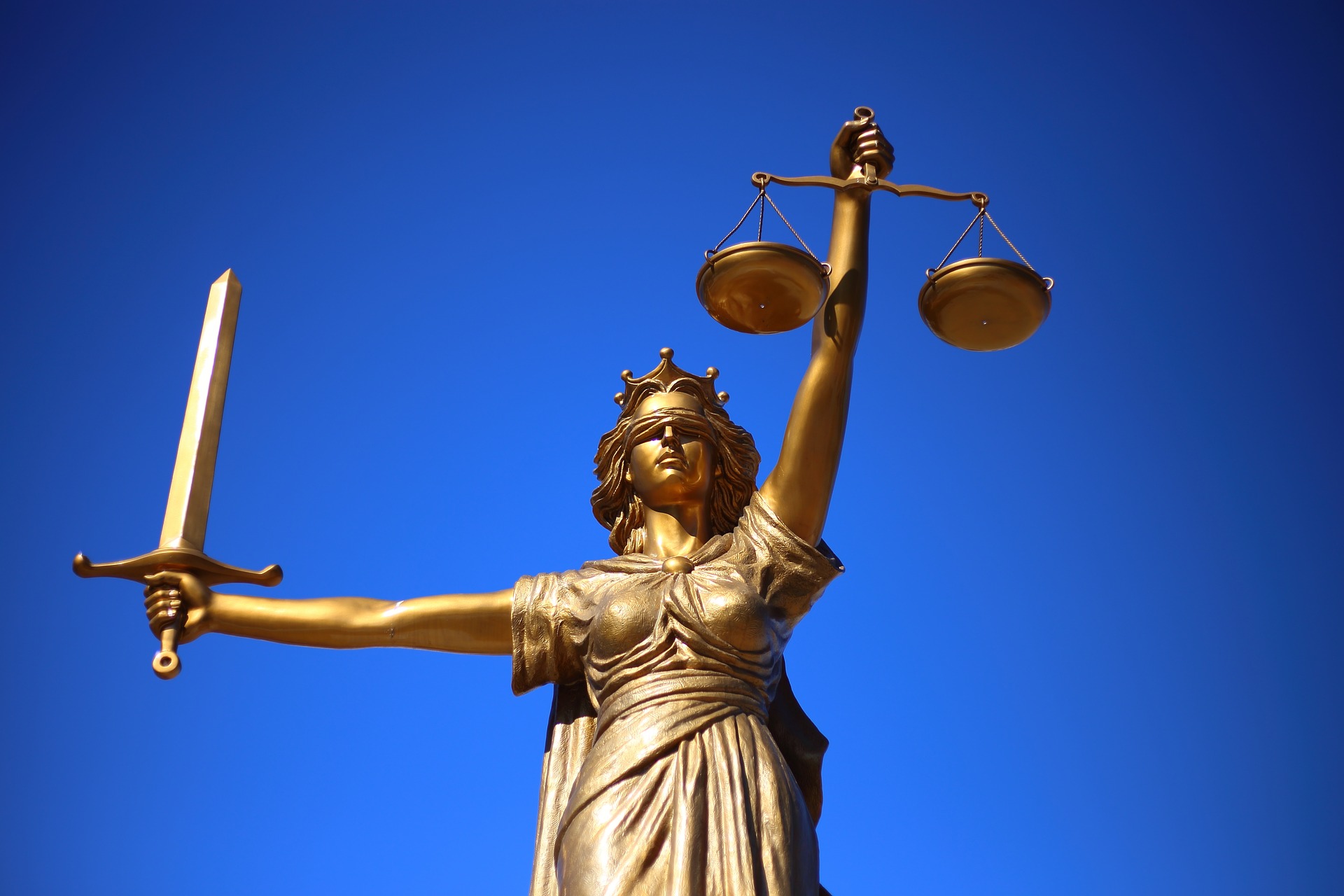In Chapter XXV of The Prince, entitled “The role of fortuna in human affairs and how to withstand it”, Niccolò Machiavelli, an Italian historian, philosopher, writer, playwright, politician, and diplomat, second chancellor of the Florentine Republic from 1498 to 1512, addresses the philosophical theme of the relationship between luck and virtue. With fortuna, which can be translated as “luck”, Machiavelli does not mean good luck, but instead desire, chance, the opportunity offered by the circumstance, and by “virtue” not the goodness or morality of the prince, but his political ability.
Machiavelli begins this chapter by saying that according to many men, things that happen are half the work of luck and the other half the work of God. According to him instead, half of the human actions depend on luck, sure, but, thanks to free will, the other half depends on virtue, that is, on the abilities of man.
The expression “free will”, in philosophy, indicates the freedom of choice enjoyed by man as a rational being, unlike animals which are subject to instinct (the servant will).
Success is based on the ability to adapt one’s behavior to the objective conditions in which one acts. Men, relying on virtue, have the possibility of preventing the blows of luck, limiting their effects on daily life, but they do not always succeed: in some cases, luck prevails over virtue. Machiavelli seems torn between the awareness of the limits of human action, on the one hand, and the exaltation of man’s autonomy and his ability to determine his own destiny, on the other. A doubt that actually is not clarified in these pages of The Prince.
Machiavelli, in stating that man must always know how to adapt his behavior to the conditions in which he finds himself acting, gives the example, taken from his contemporary history, of Pope Julius II who personally led the military expedition in the undertaking of Bologna, surprising the king of Spain and the Venetians and winning the favor of the king of France Louis XII. If Julius II had behaved like all the other popes, letting himself be held back by bureaucratic commitments in Rome, he certainly would not have completed his mission.
Luck is likened to a rushing river that widens plains and cuts down trees and buildings, dragging masses of land behind it. The men are forced to flee, unable to resist his fury, but nothing prevents them, in periods of calm, from building embankments and canals with which to limit the damage in the event of a new overflow of the river. Apart from similarity, men have the ability, if they want, to hinder the plans of fortune through preventive actions.
What is the driving force in your life, “luck” or “virtue”? Let us know in the comment area below.

